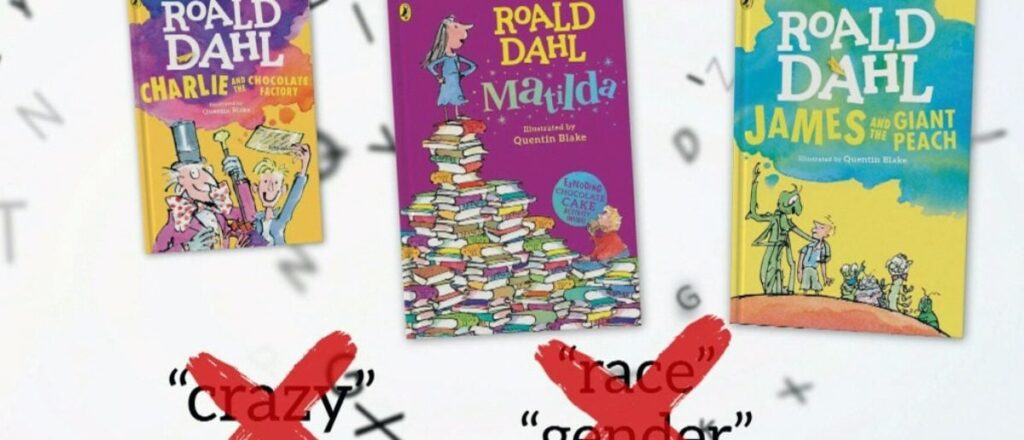Legendary director Wes Anderson is defending famed author Roald Dahl against attempts to censor his work, Entertainment Weekly reported.
Anderson is currently debuting his second film adaptation of a Dahl story, “The Wonderful Story of Henry Sugar”, according to EW. During a press-conference to promote the film, Anderson fielded questions about recent attempts by “sensitivity readers” to remove “offensive” language from Dahl’s books.
“I don’t even want the artist to modify their work,” Anderson said, according to Variety. “I understand the motivation for it, but I am in the school where when the piece of work is done and the audience participates in it, we know it — I sort of think what’s done is done.” He added, “And certainly, no one besides the author should be modifying the work — he’s dead.” (RELATED: Publisher Of Roald Dahl’s Books Make ‘Woke’ Changes After His Death)
Anderson was referring to efforts like those from last February when Puffin Books, the British division of Penguin, published new editions of Dahl’s work, minus potentially offensive language. Some edits of new editions deleted words like “fat,” “ugly,” “black,” “white,” “mad” and “crazy,” EW reported at that time.
Other artists are also coming to Dahl’s defense. Renowned writer, Salman Rushdie, tweeted that changes made in “Charlie and the Charlie Factory” to portray Augustus Gloop as “enormous” rather than the original “fat,” were “absurd censorship,” and said that both Puffin and the Dahl estate “should be ashamed.”
Roald Dahl was no angel but this is absurd censorship. Puffin Books and the Dahl estate should be ashamed. https://t.co/sdjMfBr7WW
— Salman Rushdie (@SalmanRushdie) February 18, 2023
Penguin executive Francesca Dow, apparently recognizing potential backlash to the editing moves, told AP that the publisher would make the old and new versions available to readers. “By making both Puffin and Penguin versions available, we are offering readers the choice to decide how they experience Roald Dahl’s magical, marvelous stories.”
Phillip Pullman, popular author of the fantasy trilogy “His Dark Materials”, summed up the controversy by noting that “if Dahl offends us, let him go out of print,” rather than rewrite his works.


